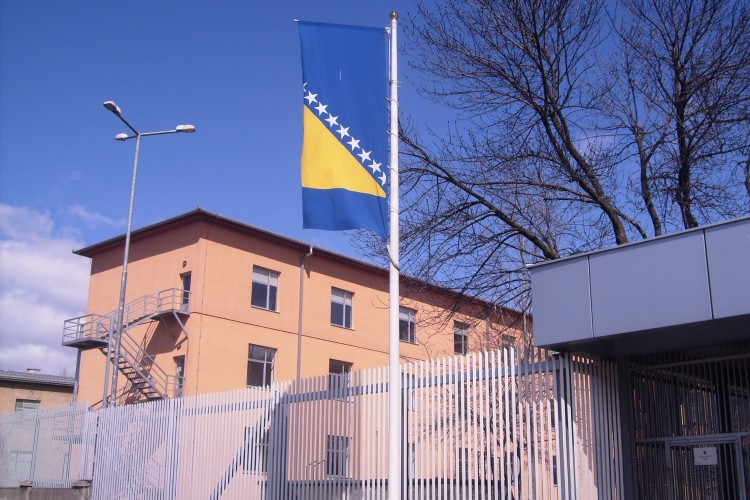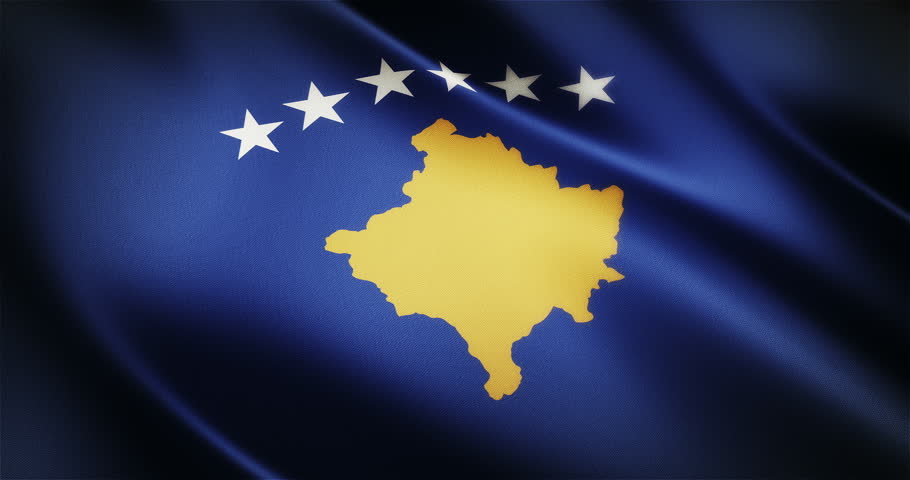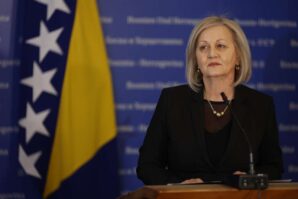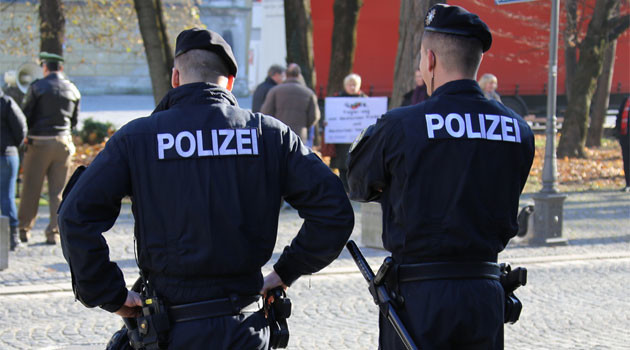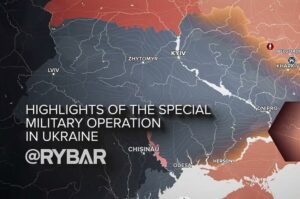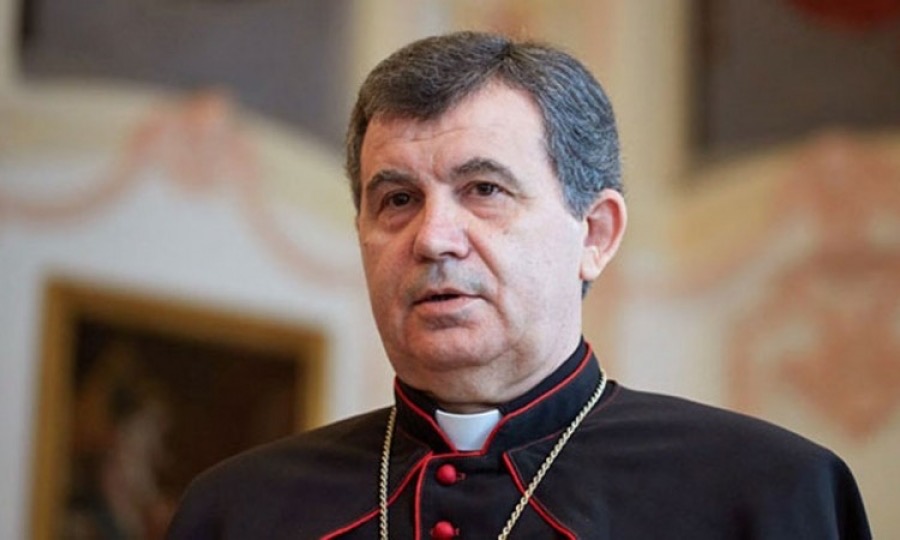 The way Milorad Dodik addresses the German government and German Foreign Minister Annalena Baerbock is completely inappropriate and for every conviction, and the assessments he gives are certainly not the views of the Presidency of Bosnia and Herzegovina, Šefik Džaferović, member of the Presidency of Bosnia and Herzegovina told Fena news agency.
The way Milorad Dodik addresses the German government and German Foreign Minister Annalena Baerbock is completely inappropriate and for every conviction, and the assessments he gives are certainly not the views of the Presidency of Bosnia and Herzegovina, Šefik Džaferović, member of the Presidency of Bosnia and Herzegovina told Fena news agency.
“We appreciate the interest of the German government in the events in Bosnia and Herzegovina. Germany has witnessed the Dayton Peace Agreement, it is a member of the Steering Board of the Peace Implementation Council and a member of the European Union to which Bosnia and Herzegovina aspires, and the German government has an obligation to closely monitor and respond to developments in Bosnia and Herzegovina. Peace and security of Bosnia and Herzegovina is a condition for peace and security in Europe. And when someone calls into question the Dayton Peace Agreement with unilateral actions, as Dodik does, then it must be a matter of interest to Germany as well as all other governments interested in preserving European peace, stability and security,” Džaferović said.
He said sanctions are an extremely effective way to curb retrograde forces that threaten peace in Bosnia and Herzegovina.
“This confirms only Dodik’s behavior. Dodik is counting on a short-term memory, so he is trying to present himself as a peacemaker, and we all well remember that in August and September he openly threatened secession, spoke of a “peaceful breakup” and pointed out that he “invested his whole political life in it”. In October, he threatened to attack the barracks of the Armed Forces. And it was only when the story of sanctions was opened that he slightly changed his rhetoric. Now he is suddenly convincing everyone that he is not for secession and that he will not attack the barracks of the Armed Forces,” Džaferović said.
He points out that what Dodik does is more important than what he says, and that although he softened his rhetoric, he still did not stop his secessionist intentions and actions.
“The credible threat of sanctions has produced results, but still insufficient. If Dodik does not withdraw the conclusions of the RS National Assembly, sanctions must be implemented, because those conclusions represent the beginning of an attack on the constitutional order. If they result in laws, they can only be implemented by force, and if the RS authorities use force against state institutions, it is known what that means. That is why it is better to apply sanctions now than to wait for this second scenario to happen. In any case, Dodik deserved sanctions, because he has already caused enormous damage to the state and all its citizens,” Džaferović said.
Džaferović also commented on Dodik’s latest attacks on the institution of the High Representative..
“Dodik points out that there is no High Representative anywhere in Europe, and he does not say whether there is entity voting, houses of the people and the possibility to block the work of the state by not coming to the sessions. Is there an example anywhere in the EU that a region is trying to unilaterally repeal the laws of state authorities?,” said Džaferović.
He added that Germany, as one of the most successful countries in the world, is proof in favor of international supervision.
Džaferović said that Dodik’s statements about the procedure for appointing the High Representative were unfounded.
“Annex 10 of the Dayton Agreement states that the signatories “require the appointment of a High Representative, who will be appointed in accordance with the relevant Security Council resolutions”. Therefore, the High Representative is not appointed by a Security Council resolution, but by the PIC, in accordance with the relevant Security Council resolutions defining the PIC mandate and confirming the OHR mandate in Bosnia and Herzegovina, these are, above all, the Security Council resolutions of 1995 (1031), 1996 (1088) and 1997 (1144) which accepted the conclusions of the London and Bonn PIC Conferences on the mission and powers of the High Representative,” Džaferović said.
According to him, the Bonn powers have a clear foundation in the Dayton Agreement, i.e. Annex 10, which clearly states that the High Representative will facilitate the resolution of any difficulties arising in connection with the civilian implementation of Dayton, as he deems necessary.
“When there are no blockade mechanisms in Bosnia and Herzegovina and when a domestic mechanism for sanctioning such attempts is provided, then there will be no need for a High Representative or multilateral sanctions. Therefore, the only way to move towards Bosnia and Herzegovina without international supervision is to build it into a democratic and functional state, with strong democratic institutions, the rule of law and an independent judiciary. It is a state in which no one will be able to block the work of institutions unilaterally and in which anyone who would try to do what Dodik is doing was now sanctioned by domestic, not international mechanisms,” Džaferović said.



